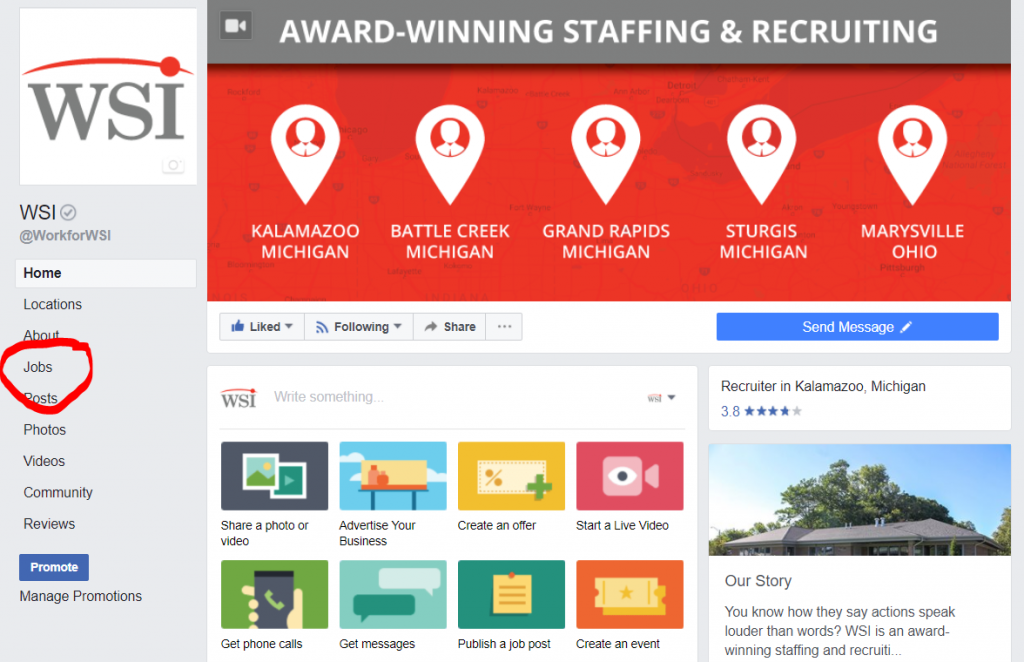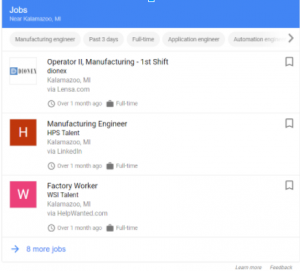If you’ve been fired from a job in the past, welcome to the club. If you feel like you’ve been walking around with a scarlet letter on your back, it might help knowing that It happens more frequently than you realize. It doesn’t mean that only ‘bad’ people get fired, either. But it sure can make you dread future job interviews, as you’ll inevitably be asked why you left your last job. We promise there’s no need to panic or lose sleep over it! WSI staffing coordinators share their advice and help walk you through it.
Be Honest
Honesty is always, always, always the best policy. Corporate layoffs and downsizing are understandable and out of anyone’s control. But what if you were let go for reasons within your control? Owning up to it shows your maturity and that’s something that any employer can appreciate. Simply admitting that you goofed and made some mistakes will suffice. Employers know there’s no such thing as the perfect employee or the perfect work history, and odds are, they’ve been in your shoes at some point in their career, too. So be truthful – we promise we can handle it.
Share What You’ve Learned
You did it – you ripped the band-aid off and told them out loud that you were fired and the floor didn’t open and swallow you up! Phew! (Feel better?) Now that the cat’s out of the bag, employers are most interested in what lessons you learned from the experience. Here are some solid examples:
“I learned to manage my time better through prioritization and asking for help if I’m falling behind.”
“After the shock wore off, it gave me a chance to step back and realize that I really wasn’t happy doing that line of work anyways.”
“I realized my communication skills needed some fine-tuning, and have been more aware of how I come across and how I interact with others.”
Whatever your answer, keep it short and sweet, and never bad-mouth your former employer.
Stay Positive
One thing’s for sure: your skills and experience are exactly what your next employer is looking for. Remain confident and repeat after us: “Being fired was simply a speed bump in my career…a learning experience…a challenging situation I was able to overcome.” Remember to mention that you’re excited for a new opportunity that better matches your skill set and career aspirations.
Have a Stellar Resume and References
Your career won’t end just because you got fired; often it’s a minor blip in your work history. So show us the bigger picture with a strong resume that details all of work experience, skills, and accomplishments. Gather two or three references from people who can vouch for your work ethic and personality, and give them a heads-up so they’re not caught off guard when potential employers come a-callin’. Tell them about the job you’re applying for and remind them of some of your skills and experiences that make you a qualified candidate.
Practice Your Response
As silly and unnatural as it feels, it does help to script out a solid answer and rehearse it beforehand. Grab a friend or stand in front of a mirror and practice it out loud until you can say it without stumbling over any words. Don’t forget to maintain eye contact with your interviewer and end it with a smile.



